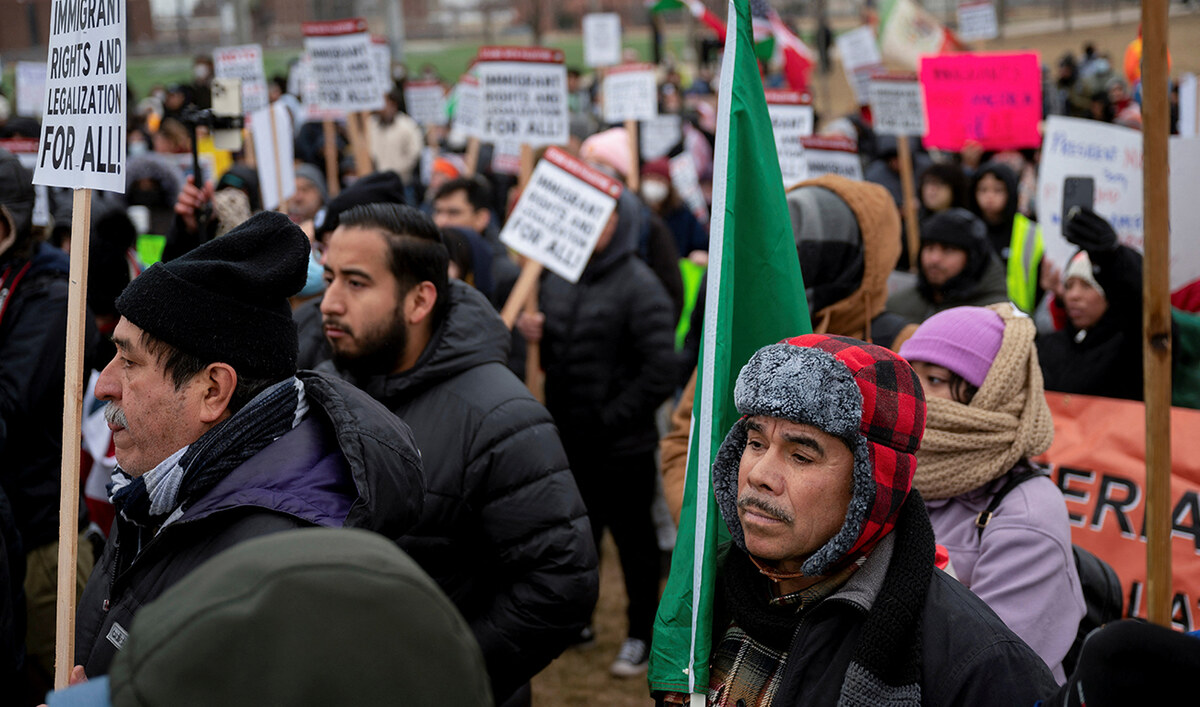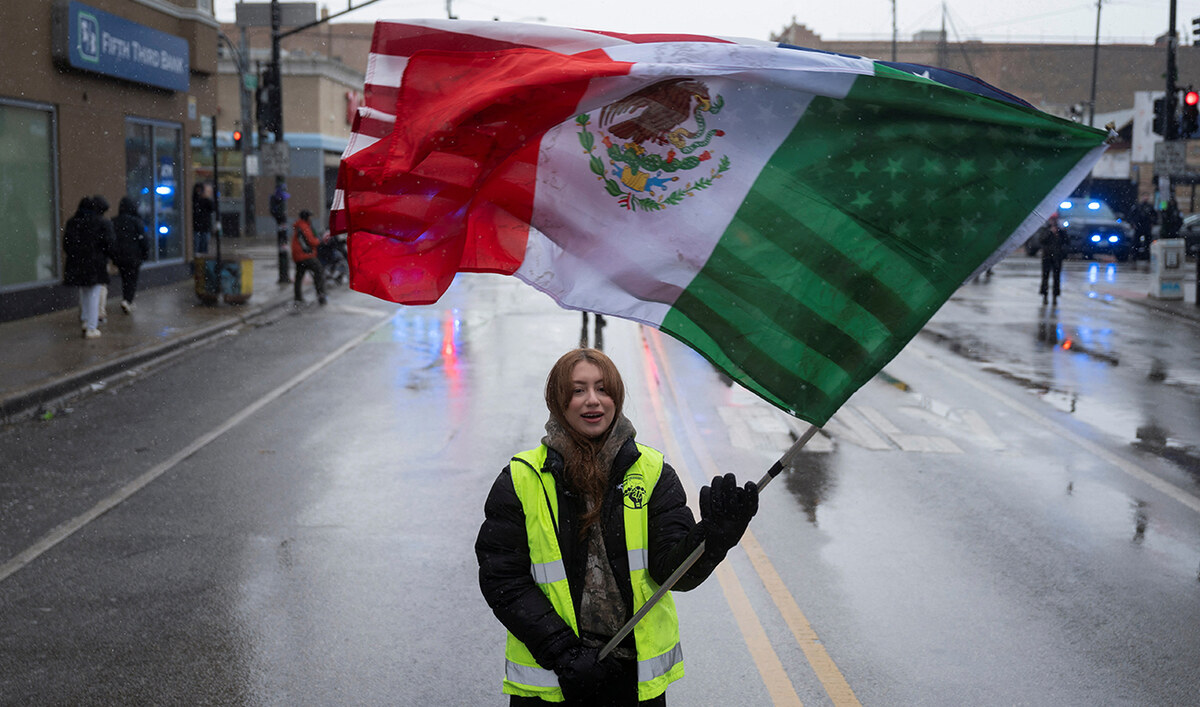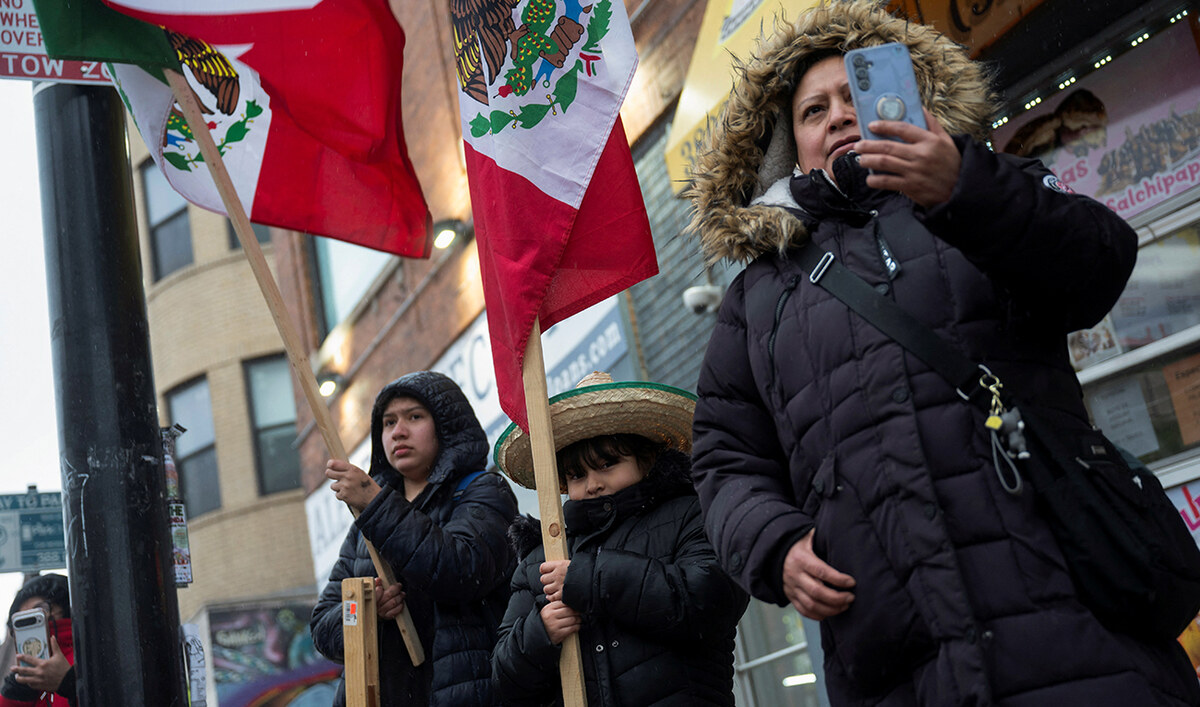JEDDAH: Saudi Arabia saw $14.9 billion in tech investments on LEAP’s opening day, with major deals led by Saudi Authority for Industrial Cities and Technology Zones, Digital Saudi, and NHC reinforcing its Vision 2030 drive for global tech leadership.
Being held from Feb. 9-12 in Riyadh, LEAP 2025 is a flagship event in the Kingdom as it aims to become a global and regional tech hub, aligned with Vision 2030 goals. This comes on the back of the Kingdom’s growing push for investment in research, development, and innovation, with a World Economic Forum report projecting it will add $16 billion to Saudi Arabia’s gross domestic product by 2030.
Here is a wrap-up of some of the major deals signed on day one:
MODON secures over $1.6bn in digital economy deals
Saudi Authority for Industrial Cities and Technology Zones, also known as MODON, inked agreements worth more than SR6 billion ($1.6 billion) to boost the Kingdom’s digital economy and enhance technical capabilities.
Among the key deals was a contract with Link Development Co. to upgrade the Shareek system, aimed at improving the investor experience in industrial, logistics, and investment sectors.
The authority also signed a SR2.64 billion deal with Saudi data infrastructure firm Ezditek to establish a 64-megawatt cloud data center in Riyadh’s technical zone. DataVolt, a subsidiary of Vision Invest, secured a similar SR2.5 billion investment agreement for a data center in the same zone.
Further agreements included a SR1.3 billion investment by Gulf Data Hub to build data centers in Dammam Second Industrial City and Jeddah Oasis, covering 163,000 sq. meters. MODON also partnered with the Ministry of Communications and Information Technology to accelerate cloud infrastructure development. The agreement ceremony was witnessed by Ibrahim Alkhorayef, minister of industry and chairman of MODON.
Additionally, MODON signed a memorandum of understanding with Taibah Valley, an affiliate of Taibah University, to promote the adoption of emerging technologies in the industrial and technical sectors and support research, development, and innovation.
KAFD, Huawei partner on smart city innovation
The King Abdullah Financial District Development and Management Co. signed an MoU with Huawei to implement smart city solutions, AI-driven technologies, and 5G-A networks. The partnership aims to optimize operations and enhance the digital experience across KAFD’s 1.6 million sq. meters of development.
Ramez Al-Fayez, chief information technology officer at KAFD DMC, said the collaboration would help build a “fully integrated urban environment that supports digital transformation.”
Beyond infrastructure enhancements, the agreement also focuses on technology talent development, offering specialized training programs and globally recognized Huawei certifications such as HCNA, HCNP, and HCIE.
KAFD and Huawei will additionally collaborate on digital research and analysis to explore emerging technological opportunities, support Saudi Arabia's digital transformation goals, and strengthen Huawei's regional presence.
GACA taps SiFi for automated expense management
The General Authority of Civil Aviation partnered with Saudi fintech firm SiFi to automate expense tracking and financial management processes, streamlining operations across the sector.
Saudi Geospatial Authority, NHC Innovation collaborate
The General Authority for Survey and Geospatial Information has signed an MoU with NHC Innovation to integrate geospatial data into real estate development, smart mobility, and navigation technologies. The partnership will leverage the Saudi Arabia National Spatial Reference System, or SANSRS, to enhance surveying and data-driven decision-making.
Key initiatives include integrating the country’s digital maps with the national geospatial platform, utilizing SANSRS for precise surveying, and advancing geospatial intelligence to support data-driven strategies.
Saudi HR minister unveils digital services initiative
Saudi Minister of Human Resources and Social Development Ahmed Al-Rajhi launched a suite of digital services aimed at improving accessibility and efficiency. The initiatives include a Virtual Branch for online government services, a Digital Childcare Platform for verified childcare center information, and a Social Development Platform to enhance community engagement and transparency.
The new services align with the ministry’s digital transformation strategy under Vision 2030, enhancing secure and innovative access to government services while fostering technological advancement in the Kingdom.
These initiatives are part of the ministry’s broader digital transformation efforts, which have automated more than 1,000 services and processes, benefiting over 32 million users, according to the ministry.
Digital Saudi showcases Kingdom’s tech advancements
Digital Saudi, the Kingdom’s premier international platform for highlighting digital achievements, kicked off alongside LEAP 2025.
Serving as a unified stage for Saudi Arabia’s digital transformation journey, Digital Saudi allows government entities to showcase their progress in e-government services, share success stories, and align with global best practices. It also educates the public on how to benefit from digital services.
The platform further promotes the adoption of cutting-edge technologies, reinforcing Saudi Arabia’s position as a leading digital innovation hub in line with Vision 2030.

























